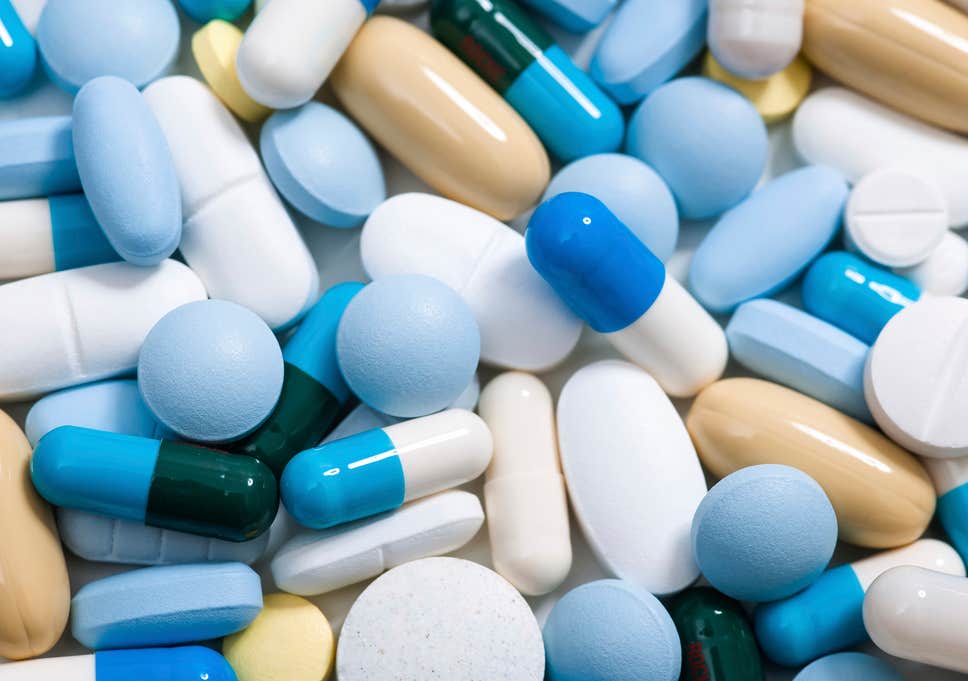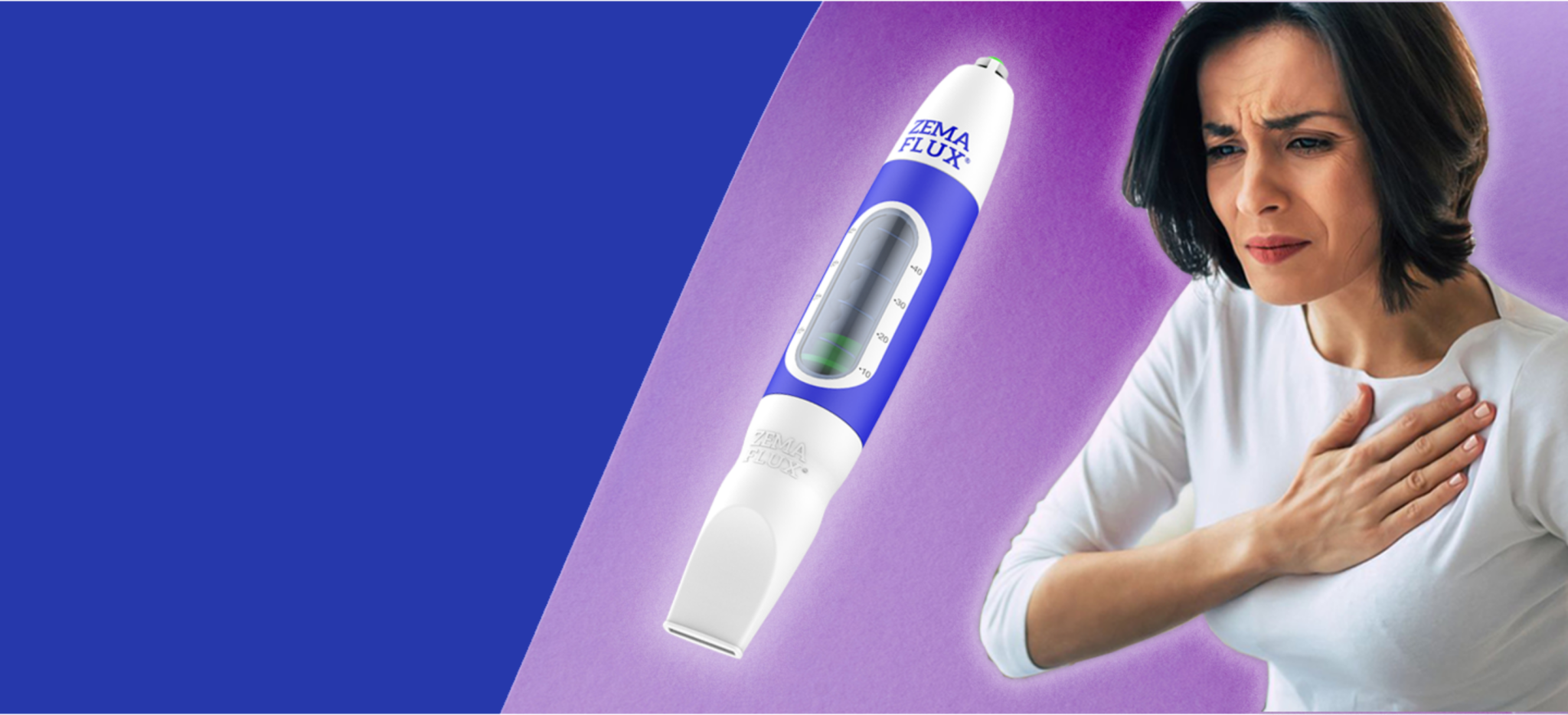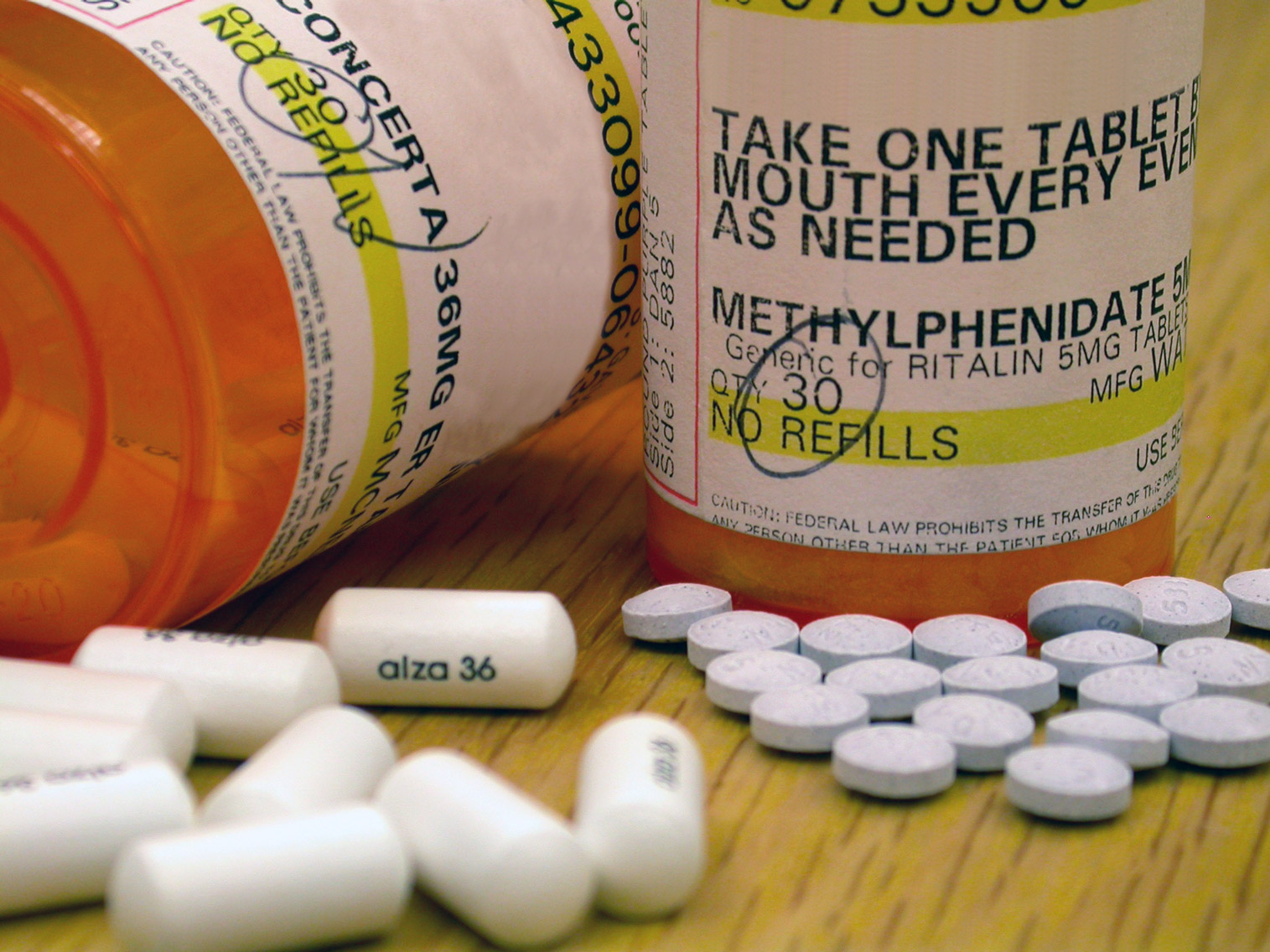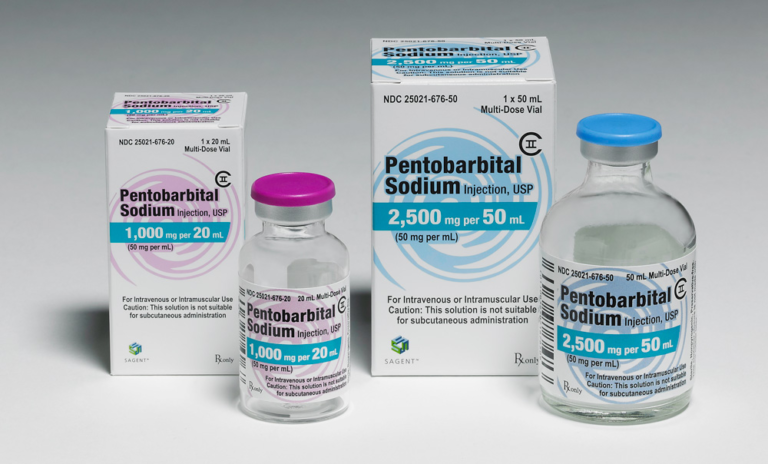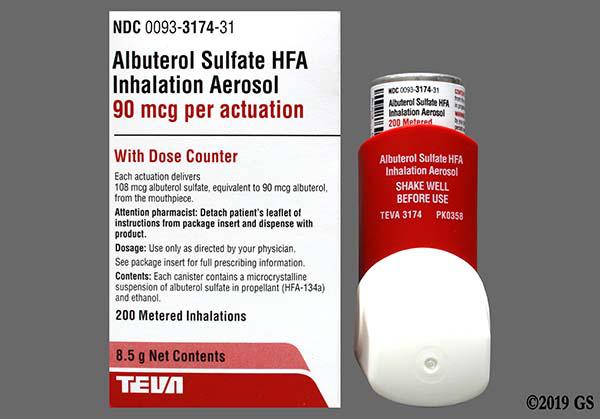Kamagra is supposed to contain the same active ingredient as Viagra – sildenafil citrate. The ED treatment sildenafil (which is simply the generic (unbranded), and therefore cheaper, version of Viagra) also contains sildenafil citrate, and works in the same way as Viagra.
Side effects : Major & minor side effects for Kamagra Gold 100 MG Tablet: ,Headache – severe ,Flushing ,Bloody nose ,Indigestion – severe ,Sleeplessness ,Diarrhea ,Dizziness – severe , Bloody and cloudy urine – severe ,Burning, numbness, tingling in the arms and feet – severe ,Changes in vision – severe – rare ,Sensitivity to light – severe – rare ,Prolonged and painful erection – severe – rare ,Painful urination – severe.
The effect of this medicine can be observed within 30 to 120 minutes after administration. The onset of action may vary from one patient to another.
Use of alcohol should be avoided or kept to a minimal level while you are taking Kamagra Gold 100 MG Tablet. Symptoms like dizziness, fainting, flushing, persistent headaches should be reported to the doctor.
Interaction with Medicine: Amlodipine – moderate ,Carbamazepine – moderate ,Clarithromycin – severe ,Dexamethasone – moderate ,Ketoconazole – severe ,Atazanavir – severe ,Nitroglycerin – severe
Avoid using grapefruit juice in large quantities while taking Kamagra Gold 100 MG Tablet. Consumption of grapefruit juice may interfere with the working of the medicine in the body and the desired effect may not be achieved or there may be a delay. Consult your doctor in this regard before taking this medicine.
Kamagra Gold 100 MG Tablet should be used with caution if you are taking medicines for hypertension, heart disease etc. Report the use of all medicines including herbs and supplements to the doctor.
Kamagra Gold 100 MG Tablet should be used with caution in you have a condition of the heart and blood vessels. Use of this medicine is not recommended if your doctor has asked to not indulge in any sexual activity due to a risk of adverse effect on the heart.
Always talk to your doctor before taking ANY medication for ED. Some ED medications are not suitable for men with certain medical conditions, and your doctor can advise you on an alternative.
Tell your healthcare provider about all the medicines you take, including prescription and over-the-counter medicines, vitamins, and herbal supplements. VIAGRA may affect the way other medicines work, and other medicines may affect the way VIAGRA works, causing side effects. Especially tell your healthcare provider if you take any of the following: medicines called nitrates ,medicines called guanylate cyclase stimulators such as Adempas (riociguat) ,medicines called alpha-blockers such as Hytrin (terazosin ,HCl), Flomax (tamsulosin HCl), Cardura (doxazosin ,mesylate), Minipress (prazosin HCl), Uroxatral (alfuzosin HCl), ,Jalyn (dutasteride and tamsulosin HCl), or Rapaflo (silodosin). ,Alpha-blockers are sometimes prescribed for prostate,problems or high blood pressure. In some patients, the use ,of VIAGRA with alpha-blockers can lead to a drop in blood pressure or to fainting ,medicines called HIV protease inhibitors, such as ritonavir (Norvir), indinavir sulfate (Crixivan), saquinavir (Fortovase or Invirase), or atazanavir sulfate (Reyataz)
For our dutch readers : Viagra kopen ideal! Perhaps the best example of this sort of product is Kamagra, sold all over Europe via the Internet and through retail channels as a pseudogeneric containing the same active ingredient as Pfizer’s brandname erectile dysfunction drug Viagra (sildenafil).
Disclaimer: this article is for general informations purpose, please check with a doctor and also check if any medication is legal in your country.


